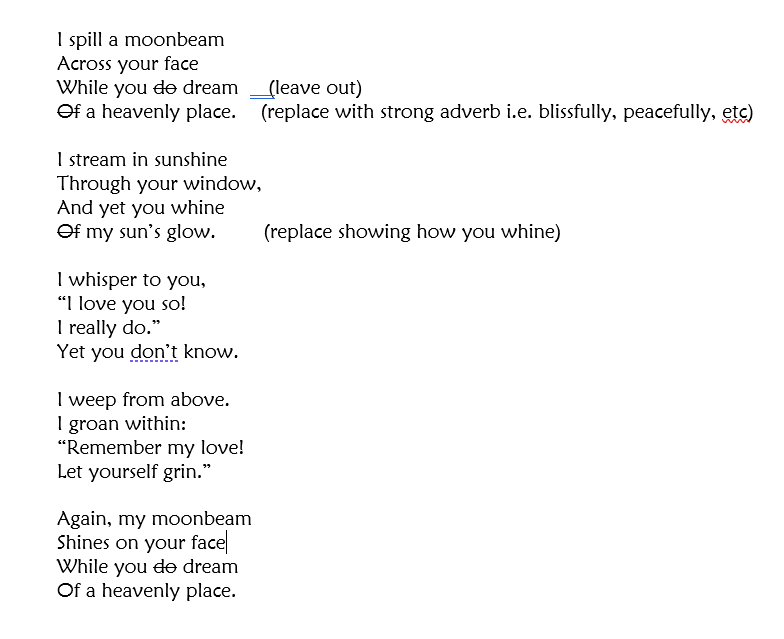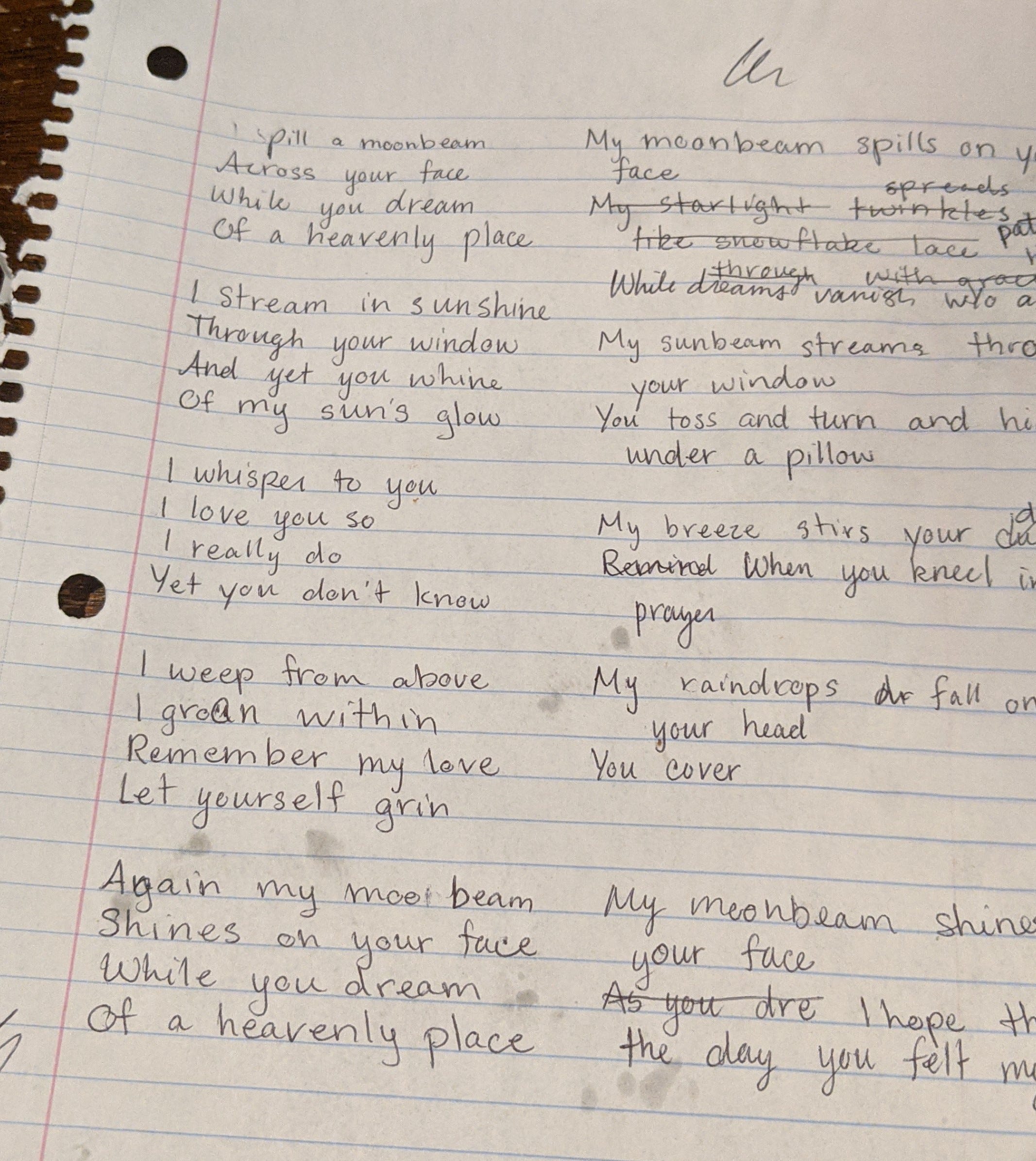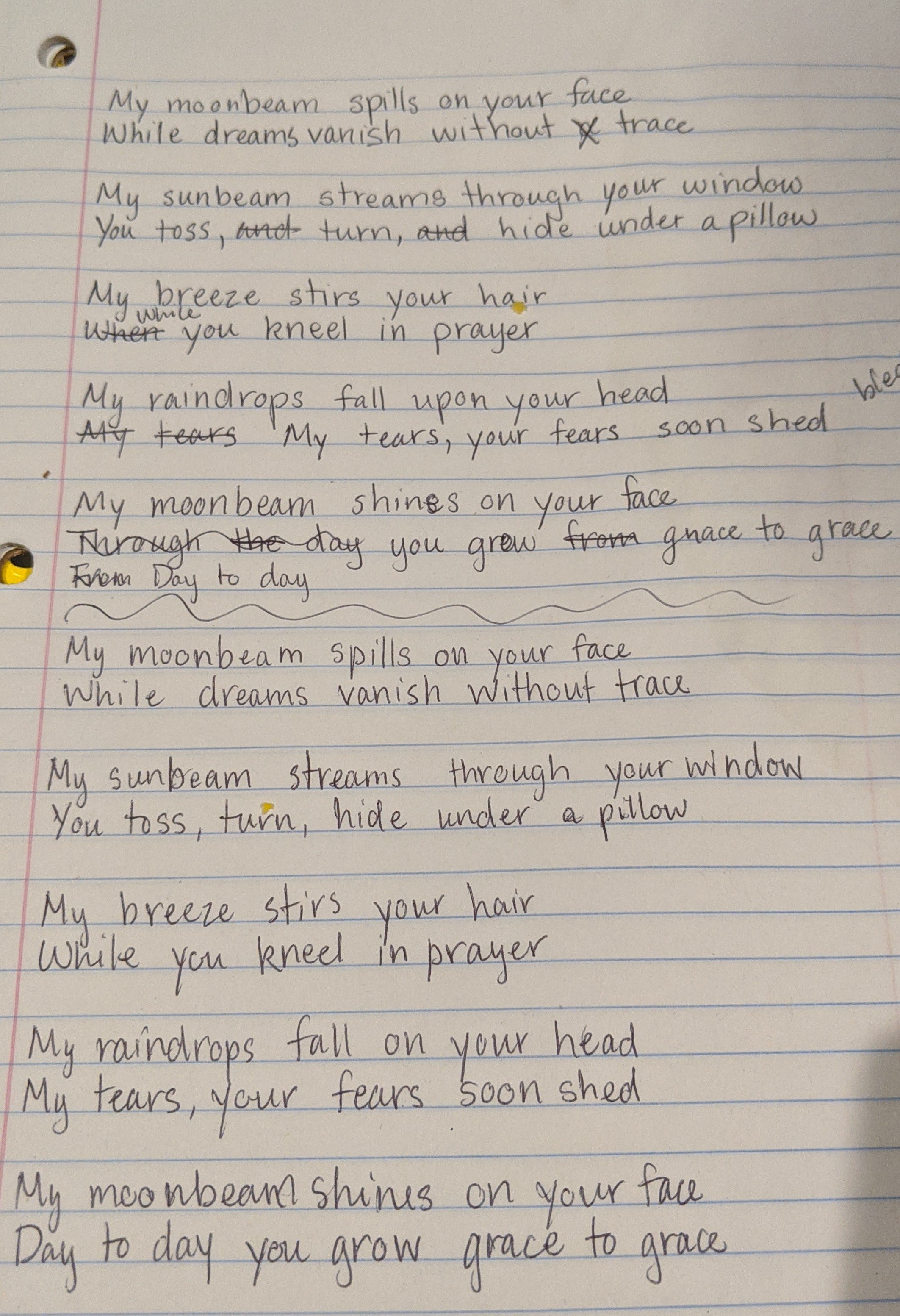I calculate I have been pregnant for three years of my life
(9x4=36/12=3). My maternal great-grandmother had 11 children, so she was
pregnant for eight years and three months of her life (9x11=99/12=8.25). If I
were an elephant with an 18-22 month pregnancy, that could be six years to
seven years and four months (18x4=72/12=6; 22x4=88/12=7.33). In elephant
pregnancy years, my great-grandmother would have been pregnant for 16 years and
six months to 20 years and 5ish weeks (18x11=198/12=16.5; 22x11=242/12=20.16).
I am so glad I am not an elephant.
How many elephant years have you, your spouse, or your
mother been pregnant?
Definitions of Pregnancy
During those three years of my pregnant life, I developed
these definitions:
Pregnancy
(1) noun /preagnensee/ nine months a man will never understand.
Pregnancy
(2) noun /pregnansea/ nine months of the mother's body suppressing the
immune system against a foreign object...the baby.
Morning sickness
noun phrase /morneeng siknes/ that feeling in the pit of the mother's
stomach, rising to the throat, out the mouth, and twirling in the head.
Ginger noun
/jinjr/ the pretend spice that's supposed to ease morning sickness.
Sit-ups noun
/situpss/ a dry heave exercise.
Nose noun /knoase/ the heightened sniffer that can tell a toddler's
diaper is filthy from a room away or other people are sweaty.
Clear path
noun phrase /kleer paeth/ all family members jump away when the preggo
lady gags.
Saliva noun
/selaive/ oral liquid with a temporarily increased production that helps
counteract stomach acid and the nutrient-absorbing baby from rotting teeth.
1st pregnancy husband
noun phrase /fearst pregnensea husbend/ held hair when mother retches
and gets wife water after.
2nd & 3rd pregnancy husband noun phrase /seakund 'n thurd preagnansee husbend/
gets mother water after retching.
4th pregnancy husband
noun phrase /forth pregnensi hesband/ stays where he is at and
occasionally brings wife water after retching.
Toilet noun
/toylut/ pregnant lady's best friend who she knows all its curves and the right
trajectory to vomit in its bowl spill-free.
Chunky, spicy food
noun phrase /chunkee spaisea fud/ salsa preggo person's worst
enemy.
Bile noun /buyel/
the yellow color gall bladder-free expectant mothers see many mornings in the
toilet bowl.
Tired adjective
/taird/ a permanent state of being.
Bending verb /beandeeng/
expectant women could do it in the first trimester.
1st pillow
noun phrase /fearst peelo/ to support a mother's tired head.
2nd pillow
noun phrase /ceakund pilo/ to support the expanding abdomen when lying
on one's side.
3rd pillow
noun phrase /thrd pilow/ to put between sore legs so hips stay aligned.
4th pillow
noun phrase /feaurth peelough/ optional pillow to support the back.
Baby kicks
noun phrase /baybee kiks/ the sudden urge to pee.
Group Strep B
noun phrase /groop streap bee/ antibiotics pumped into the vascular
system until the patient is dead.
Sugar in urine
noun phrase /shugr een yerin/ watch out for gestational diabetes.
Epidural noun
/eapiderl/ a pain in the back to get just right.
Birth noun
(berth) the painful event the mother dreads, but so looks forward to.
Post-partum body
noun phrase /post peartem baudee/ bowling balls attached to the chest,
tummy pouch, uterus shedding afterbirth, and bendable corpus.
What definitions would you add?
Final definition: gratitude
I have heard some women enjoy having a larger chest, feeling
the baby move, or stronger hair and nails from prenatal vitamins. Some sadly
just wish they could become or stay pregnant.
Personally, I complained about pregnancy but felt awed that
my body was capable of it. My husband mourned when I complained. He would
remind me that I enjoyed one aspect of pregnancy: I could feel the baby move.
Yes. And my favorite part is feeling the baby move outside of me.
Ultimately, I love the miracle of life guided by the
Creator's hand happening inside the womb. One microscopic egg and one
microscopic sperm combine into a zygote,
which doubles and doubles. At six weeks, the parents
can hear the baby's heart beating. Around 12 weeks, the mother may feel
fluttering. At sixteen weeks, the mother can feel kicks. A baby can survive
outside the womb after 20 weeks. At 24 weeks, the baby responds to sound. Each
week after the baby develops more of its senses and organs. And at 37-41 weeks,
the baby can come out!
Do you consider pregnancy a miracle, a bother, or both?
Thanks to my sister-in-law who related the idea of engorged
breasts feeling like bowling balls many years ago.
This post is a revision and combination of two posts from my
personal blog.
















